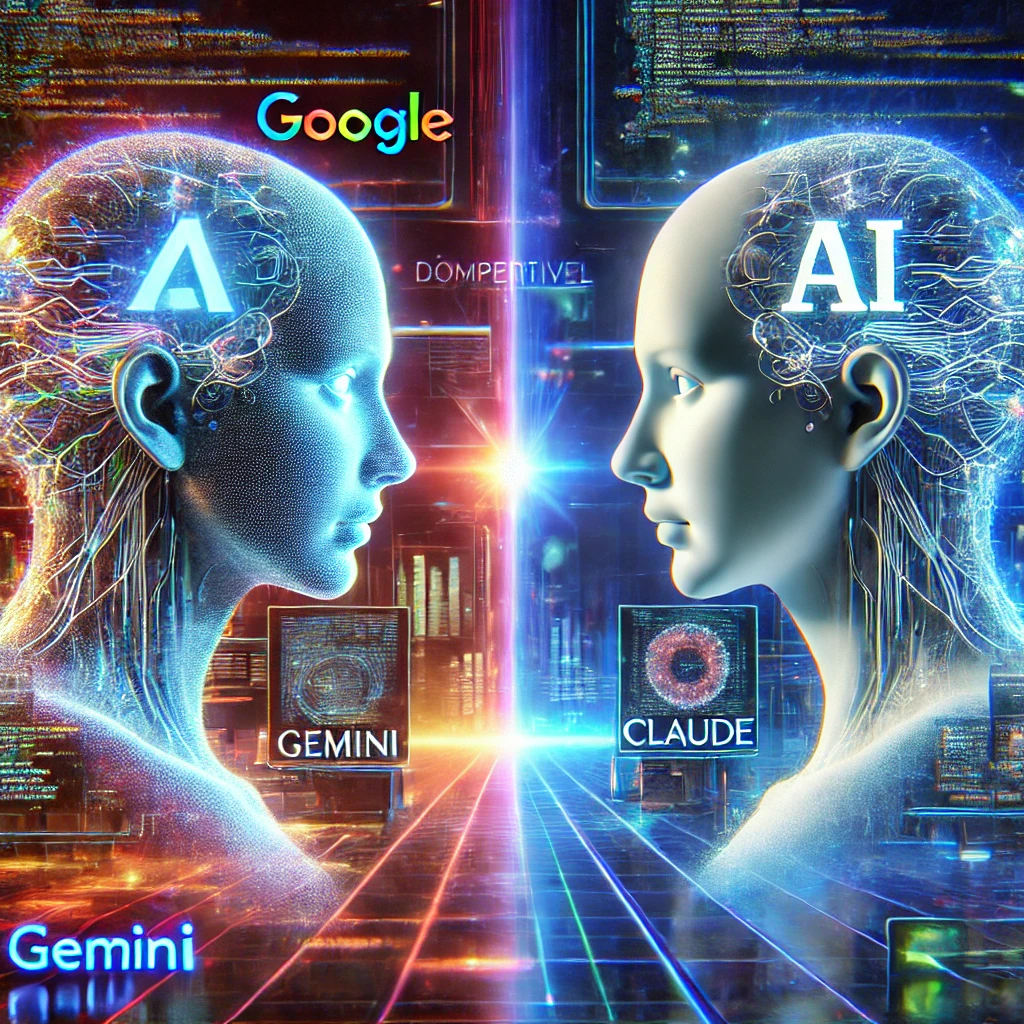In the ever-evolving race to dominate artificial intelligence, tech giants like Google are employing innovative strategies to ensure their models stay ahead of the competition. Internal correspondence revealed by TechCrunch highlights a fascinating behind-the-scenes practice: contractors working to refine Google’s Gemini AI are directly comparing its responses to outputs generated by Anthropic’s competitor model, Claude.
Raising the Benchmark
Typically, AI performance is gauged through industry-standard benchmarks designed to evaluate language understanding, problem-solving capabilities, and contextual accuracy. However, Google’s approach of using direct comparisons against a rival model adds an additional layer of scrutiny. This practice could provide deeper insights into where Gemini excels and where it might fall short in real-world applications.
The Role of Contractors
According to the leaked details, contractors play a pivotal role in this process. They meticulously assess the quality, accuracy, and relevance of responses produced by Gemini and Claude, looking for nuances that might not be captured by traditional benchmarks. This hands-on evaluation process is both time-intensive and crucial for fine-tuning Gemini to surpass its competitors.
Why It Matters
The stakes in AI development have never been higher. Models like Gemini and Claude are designed to power a wide range of applications, from natural language processing and content generation to customer support and advanced decision-making systems. Direct comparisons enable developers to identify not just gaps but also opportunities to innovate further. For Google, this methodology could ensure that Gemini remains competitive in a rapidly saturating market.
Ethical Considerations
While this practice offers clear competitive advantages, it also raises ethical questions. Should companies use contractors to evaluate and potentially reverse-engineer competitor models? How does this align with industry norms and standards of fair competition? These are pressing issues as AI developers navigate an intensely competitive landscape.
A Broader Implication
This approach also signals a shift in how AI development is evolving. The focus is no longer just on building better models but also on understanding competitors’ strengths and weaknesses in a granular way. Such insights could lead to more robust and versatile AI systems but might also fuel concerns about intellectual property and competitive ethics.
Looking Ahead
As Gemini’s capabilities are refined through these comparisons, the AI landscape continues to grow more complex and competitive. While the method might seem unconventional, it underscores the importance of innovation and adaptability in maintaining a leading edge in the AI arms race. Whether these tactics set a new standard or spark controversy, one thing is certain: the battle for AI supremacy is far from over.


